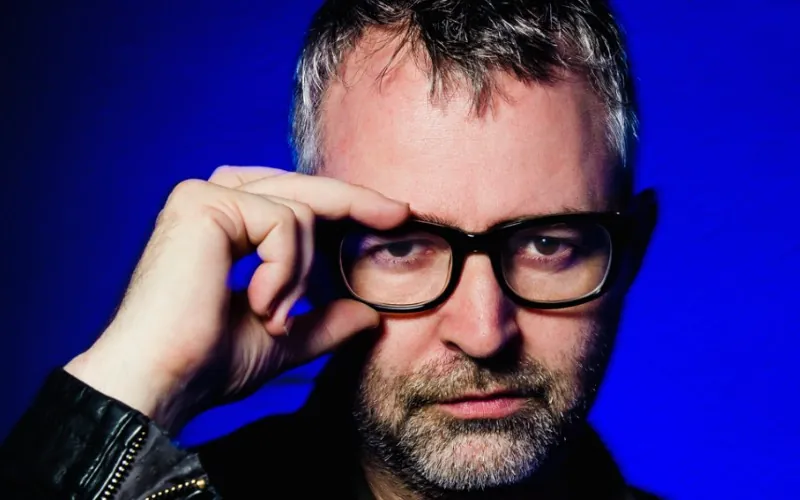‘TechCrunch rocks industry with European shutdown,’ screamed today’s headline in rival media brand Sifted.
The article, written by news editor Martin Coulter and FinTech reporter Tom Matsuda, lacked a response from TechCrunch or new owner Regent but the evidence is compelling.
A succession of TechCrunch’s big name writers have taken to social media to say they’ve left the building.
Long-serving senior reporter Romain Dillet wrote: “I’m leaving TechCrunch after an incredibly long run covering tech and startups, reporting on the French tech ecosystem and beyond.
“This is a bittersweet moment for me, as I didn’t leave TechCrunch on my own terms. Regent LP, a private equity firm, acquired TechCrunch and laid off most of the international team.
“They thought international startup coverage wasn’t essential. I strongly disagree with that decision. But I genuinely want this team to succeed because it remains an incredibly talented group of people.”
One well-placed tech figure told BusinessCloud said: “All the staff have left or been laid off.
“Maybe the new owners will hire new European staff, but even if they do, they’ve gutted it of some real talent and it’s a massive shame.”
Dillet is just the latest in a succession of TechCrunch staffers to have exited the organisation.
Former news editor and writer Ingrid Lunden wrote on LinkedIn that April 30th was her last day at TechCrunch after 13+ years.
“I’m looking for a new job, ideally staying in tech and most ideally as a journalist,” she added. “I hope for TechCrunch to keep burning bright.”
Her former colleague Natasha Lomas has already been appointed tech editor of Euractiv after leaving TechCrunch in April after more than 12 years.
Senior writer Paul Sawers told his LinkedIn network: “That’s a wrap, folks. I’ve left TechCrunch after a pretty great three years — this isn’t how I hoped it would all end, but nothing lasts forever.”
TechCrunch was founded June 11, 2005, to report on all things tech and has forged a reputation as the go-to place for startups.
In March 2025, TechCrunch trumpeted its sale to Regent, which was founded 12 years ago by Michael Reinstein and is described as a ‘dynamic private equity firm’.
The TechCrunch story read: “While the financial terms remain undisclosed, one thing is clear: Regent is acquiring an iconic brand.
“The best part: This deal is structured to ensure minimal disruption to TechCrunch’s operations. You can almost think of it more like a software update rather than a system overhaul.
“But here’s what really matters: The same team of expert journalists you know and trust will continue bringing you the must-read stories of the tech world.
“Without a doubt, this is the strongest TechCrunch team we’ve ever had.”
For their part Regent said: “TechCrunch has been the number one publisher for all things startups since its founding in 2005, and we’re thrilled to expand its reach as it provides breaking technology news, opinions, and analysis on tech companies worldwide to our audience.”
It’s fair to say the tub-thumping language has a hollow ring to it this morning in light of TechCrunch’s apparent exodus from Europe.

Mike Butcher, founding editor-at-large, TechCrunch
In the absence of a fresh statement from TechCrunch or its new owners, all eyes have turned to founding editor-at-large Mike Butcher for some clarity on what’s happening.
He’s recognised as one of the most influential journalists in European technology and was awarded an MBE in 2016 for services to the UK technology industry and journalism.
One tech observer told BusinessCloud: “Mike Butcher hasn’t outright confirmed he’s left but his author bio is in the past tense.”
He’s not made an official statement but he did reply to a LinkedIn post from Philipp von Roeder, who claimed: “Looks like the exodus is complete: TechCrunch no longer has editorial staff in Europe.”
Butcher replied: “Have you even reached out to anyone to get actual confirmation before posting on LinkedIn? No. Seems like people just want to be LinkedIn warriors and not actually do any journalism.”
